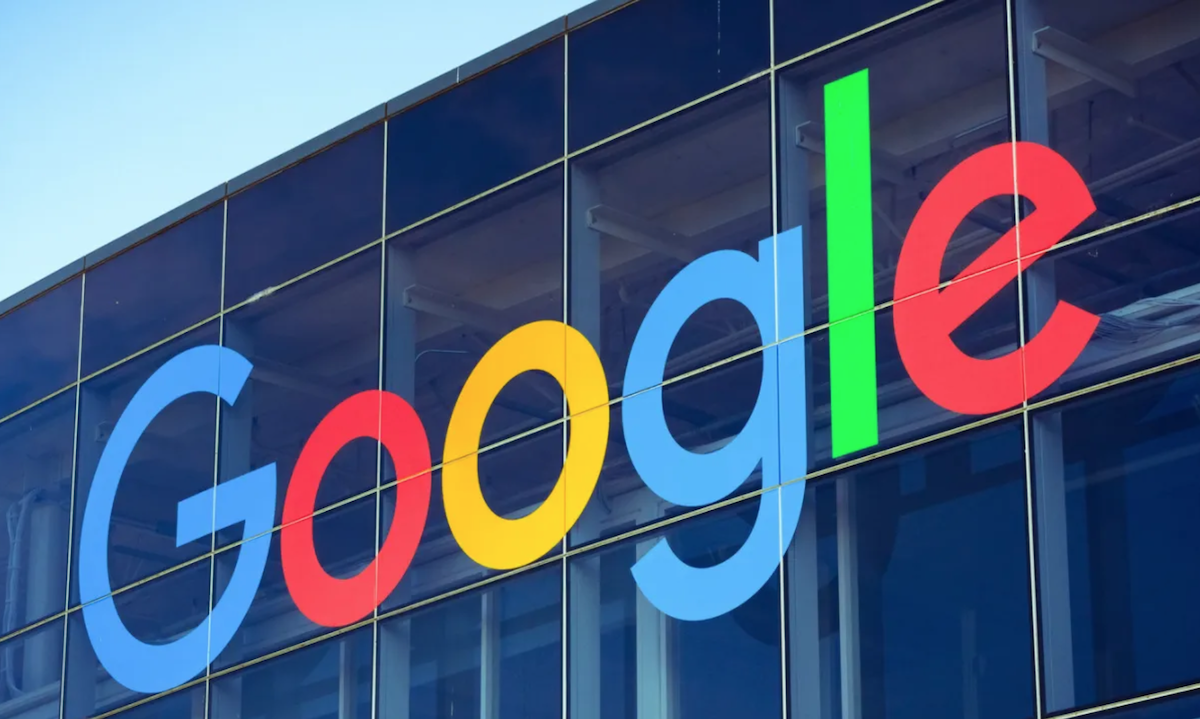
Former Google executives are pushing back against subpoenas from the U.S. Department of Justice (DOJ) that would require their live testimony in the upcoming antitrust trial concerning the company’s advertising technology practices. According to US Herald, these executives assert that their previous depositions offer sufficient evidence, making in-person appearances unnecessary and unduly burdensome.
Christopher LaSala, Google’s former managing director for publisher solutions strategy and now a professor at Columbia Business School, contends that the DOJ’s subpoenas are flawed. He asserts that the DOJ did not secure court approval to subpoena individuals living more than 100 miles from the courthouse, a requirement under federal rules. LaSala, who resides in Connecticut, points out that the court’s discovery plan does not justify these national subpoenas.
In filings submitted last Friday, LaSala and other former Google executives—such as Eisar Lipkovitz, former VP of engineering for Google’s display and video ads group, and Brad Bender, former VP in the same division—argue that their extensive deposition hours should be sufficient and DOJ subpoenas are unnecessary. They believe that the added value of live testimony is minimal, especially given that the trial is a bench trial rather than a jury trial. The lack of a specified date or time for their required appearance adds to their concerns about the process.
Scott Spencer, another former Google executive and current strategic advisor, shares legal representation with Bender, Cox, and Srinivasan through McGuireWoods LLP. The DOJ’s goal in this trial is to demonstrate that Google has monopolized the technology used for serving and selling ads on third-party websites, particularly display ads. This trial, scheduled for September at the U.S. District Court for the Eastern District of Virginia, is part of a broader governmental effort to regulate Google’s dominance in the digital advertising sector.
Google is also facing similar lawsuits in New York and Texas, brought by different state attorneys general, alleging monopolistic practices in advertising technology across the United States.
The question of which evidence will be presented at trial remains contentious between Google and the DOJ. On Friday, Google submitted briefs challenging a DOJ motion aimed at preventing the company from asserting that it operates in multiple distinct markets for advertising technology. Google argues that this could mitigate its perceived dominance in any single market. Additionally, Google opposed the DOJ’s attempt to exclude surveys assessing advertisers’ reactions to its services.
Source: US Herald
Featured News
Big Tech Braces for Potential Changes Under a Second Trump Presidency
Nov 6, 2024 by
CPI
Trump’s Potential Shift in US Antitrust Policy Raises Questions for Big Tech and Mergers
Nov 6, 2024 by
CPI
EU Set to Fine Apple in First Major Enforcement of Digital Markets Act
Nov 5, 2024 by
CPI
Six Indicted in Federal Bid-Rigging Schemes Involving Government IT Contracts
Nov 5, 2024 by
CPI
Ireland Secures First €3 Billion Apple Tax Payment, Boosting Exchequer Funds
Nov 5, 2024 by
CPI
Antitrust Mix by CPI
Antitrust Chronicle® – Remedies Revisited
Oct 30, 2024 by
CPI
Fixing the Fix: Updating Policy on Merger Remedies
Oct 30, 2024 by
CPI
Methodology Matters: The 2017 FTC Remedies Study
Oct 30, 2024 by
CPI
U.S. v. AT&T: Five Lessons for Vertical Merger Enforcement
Oct 30, 2024 by
CPI
The Search for Antitrust Remedies in Tech Leads Beyond Antitrust
Oct 30, 2024 by
CPI